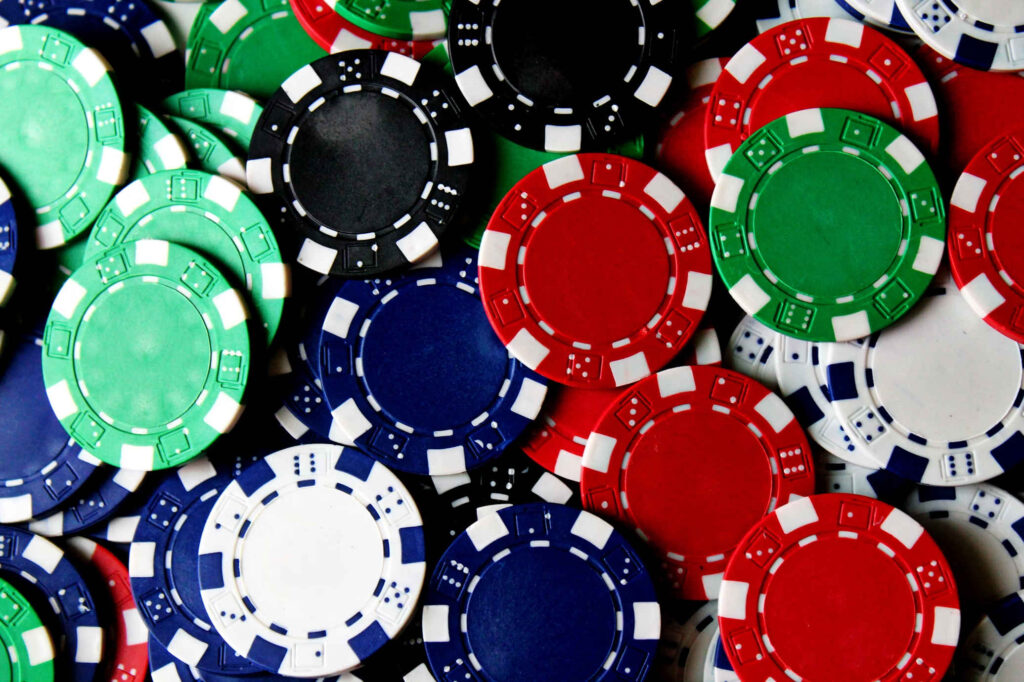Children as young as 11 are accumulating thousands of dollars in debt due to online gambling, according to support service Mapu Maia.
The organisation has seen a rise in school counsellors and social workers expressing concern about problem gambling among secondary and intermediate school students.
Mapu Maia’s chief executive Pesio Ah-Honi told state media there were cases of children staying up all night gambling online, using their parents’ credit cards, with one child racking up over $16,000 in debt. She said there was an urgent need for more research and support, highlighting that offshore gambling websites pose a significant risk and are challenging to regulate.
The issue extends beyond individual cases, with thousands of young people and their parents seeking help from Mapu Maia. Ah-Honi noted that online gambling’s influence is pervasive, with sports betting sites and social media platforms deliberately targeting young people. She called for the problem to be included in broader youth mental health discussions.
The Ministry of Health’s strategy highlights the prevalence of gambling among secondary school students, with one in three having participated in gambling at some point. Experts like Professor Aaron Drummond link online gaming features, such as loot boxes, to increased risks of problem gambling. The Problem Gambling Foundation and the Department of Internal Affairs recognise the need for updated regulations to address the growing issue of online gambling among youth.
Image credit: Amanda Jones

“there were cases of children staying up all night gambling online, using their parents’ credit cards…”
Sounds like a parenting problem.
Well, adolescent can be quite a problem sometime. I remember having a phone bill of about €400 . What had happened is that one of my sons, with school friends had called the whole aftenoon “pink telephon” ( hookers) . They had had a lot of fun…..
Luckiky those numbers could be blocked
But adolescent boys at home, be prepared for stressed situations.
With sports betting, the results are public knowledge. Games of chance like craps, roulette or poker should’ve never been allowed in the first place! What were they thinking?